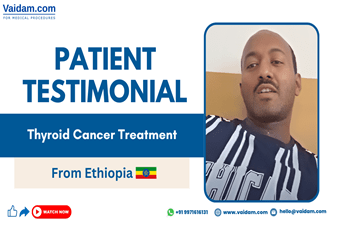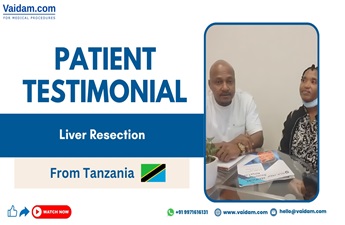- Cancer immunotherapy, which is practised in some cancer treatments, uses antibodies to detect and attach to cancer cells which trigger the immune system to destroy them.
- This immunotherapy has proved successful for some cancers but is not effective for many cancer patients.
- Recently developed therapeutic antibodies will now be utilised to successfully treat cancer.
- High-affinity binding has been the key to therapeutic antibody development for decades.
- Therefore, a study was conducted by the Center for Cancer Immunology, University of Southampton that shows cancer therapies can be enhanced by altering the way antibodies attach to targets.
Top Oncology Doctors Worldwide:
- Oncology Doctors in India
- Oncology Doctors in UAE
- Oncology Doctors in Malaysia
- Oncology Doctors in Thailand
- Since antibodies have the function of detecting and tagging viruses in the body, these immune systems have a tighter grip on these targets, known as "higher affinity."
- The study showcases that different types of therapeutic antibodies called "immunomodulatory antibodies" are successful in treating cancer when they have a loose grip.
- The research team believes that affinity engineering, which implies changing the tightness of binding, can offer an efficient, more flexible opportunity to treat cancer.
- The study examined the CD40, 4-1BB, and PD-1 receptors and discovered that looser binding led to better receptor clustering and increased signalling into immune cells. Among these, CD40 shows a greater capacity for destroying tumour cells.
- One of the pillars of immunotherapy, immunomodulatory antibodies are quickly replacing chemotherapy as a standard cancer treatment in cancer treatment hospitals and need further extensive research.
Source- ET Healthworld



































